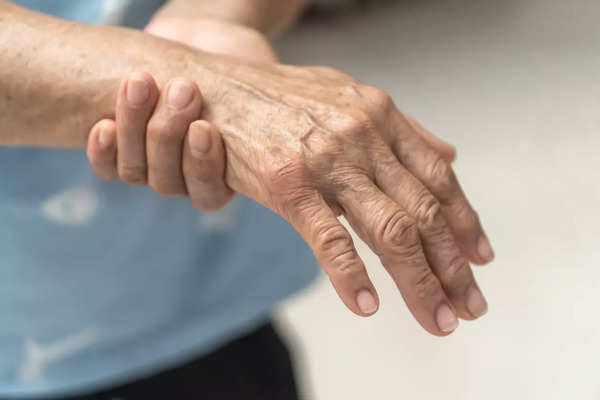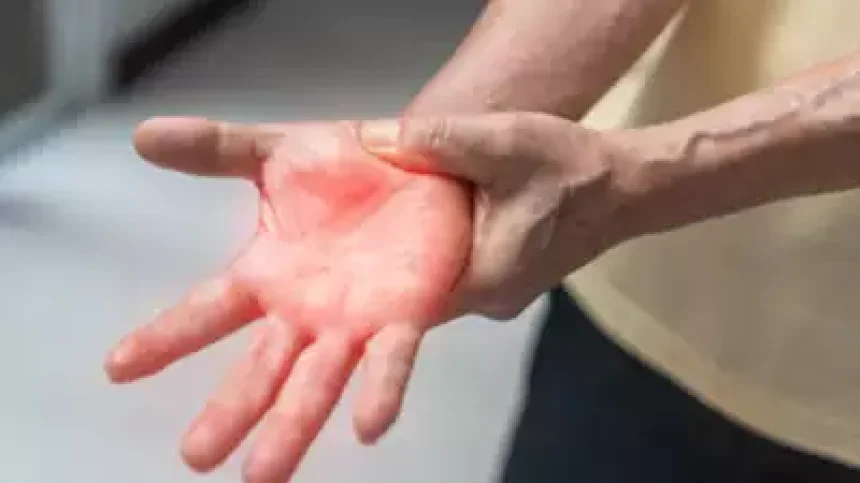Cases of Guillain-Barre Syndrome or GBS are increasing in Pune. Right now, the total number of cases stands at 67. “The total number of GBS cases increased to 67, comprising 43 and 24 women. Of these, 13 are on ventilator support,” said Pune Municipal Corporation assistant health officer Dr Vaishali Jadhav on Thursday. The state health department, on Tuesday, set up a Rapid Response Team (RRT) to investigate the sudden rise in this infection after 24 suspected cases were found initially, the officials have told the media.
As per reports, the first suspected case of GBS, a 64 year old woman, has died.
GBS is a post infectious disease
“It is a post-infectious neurological illness, and commonly follows a viral or bacterial infection. It can also occur after a vaccination. Patients often report symptoms of a respiratory (fever, cough, runny nose) or gastrointestinal infection (stomach pain, loose stools) within the previous two weeks,” explains Dr Sudhir Kumar, Neurologist, Apollo Hospitals.

“Clinical features of rapid onset severe weakness of legs and arms should make one suspect GBS. Diagnosis can be confirmed by additional tests, such as nerve conduction studies and CSF analysis (lumbar puncture),” he adds in a post on X.
What is causing GBS in Pune right now?
Campylobacter jejuni is behind the rising cases of GBS in Pune right now.
Campylobacter jejuni is a spiral-shaped, Gram-negative bacterium that is a leading cause of foodborne gastroenteritis worldwide. It is commonly found in the intestines of animals, particularly poultry, and spreads to humans through the consumption of contaminated or undercooked meat, unpasteurized dairy products, or untreated water.
The infection caused by C. jejuni, known as campylobacteriosis, typically manifests as diarrhea (sometimes bloody), abdominal cramps, fever, nausea, and vomiting. Symptoms usually appear 2–5 days after exposure and last about a week. While most cases resolve without treatment, severe infections, dehydration, or complications may require antibiotics like azithromycin or ciprofloxacin.
A significant concern is C. jejuni’s association with post-infection complications, such as Guillain-Barré Syndrome (GBS), a rare autoimmune disorder causing muscle weakness and paralysis. Reactive arthritis may also occur in some individuals.
How to prevent it?
Preventive measures include thoroughly cooking meat, avoiding cross-contamination, practicing good hand hygiene, and drinking safe water. Proper food handling and sanitation are critical in controlling its spread, as C. jejuni remains a major public health challenge due to its low infectious dose and widespread occurrence.
While GBS is prevalent in both paediatric and young-age groups, it will not lead to an epidemic or pandemic, health official have told PTI, adding most will recover fully with treatment.








